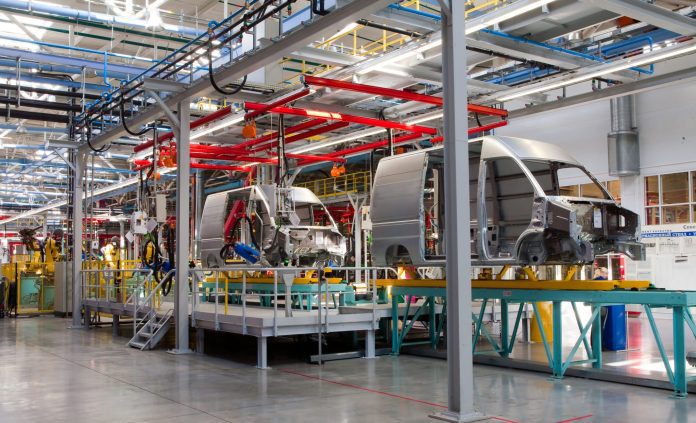Key smart factory technologies include sensors, machine vision, connectivity
Based on a recent report from market research firm Mordor Intelligence, the market value of smart factory solutions in North America is set to grow to $96.77 annual value in 2020, which is a more than an 8% compound annual growth rate from the 2016 value of $59.11 billion, according to the analysis.
The report authors delineate the key product segments as “machine vision systems, industrial robotics, control devices, sensors, communication technologies and others.” Adoption is set to be led by automotive, oil and gas, aerospace and defense, pharmaceutical, and food and beverage manufacturers.
The researchers tied in the North American move to the global Industry 4.0 movement, which envisions the digital transformation of manufacturing spurred by the internet of things, data analysis, cloud services and other technologies. “The evolution provides a number of benefits such as increased efficiency, safety, flexibility and quality, lower production costs, improved maintenance and energy savings.”
The authors also highlight the importance of industrial robotics in the smart factory market, noting the many selling points–“increased efficiency, improved safety, optimized cost, fast processes speed and increased reliability.”
Midea Vice President Hu Ziqiang, based on a recent interview with Bloomberg, shares that perspective; so much so, in fact, that the world’s largest electrical appliance manufacturer spent $5 billion to acquire German robotics specialist Kuka. Enabling smart factory transformation is a focal point of Kuka, which can leverage its ownership by Midea to get into the valuable Chinese market for industrial robotics solutions, according to the article, which notes 67% of Chinese robotics sales are from non-Chinese companies.

